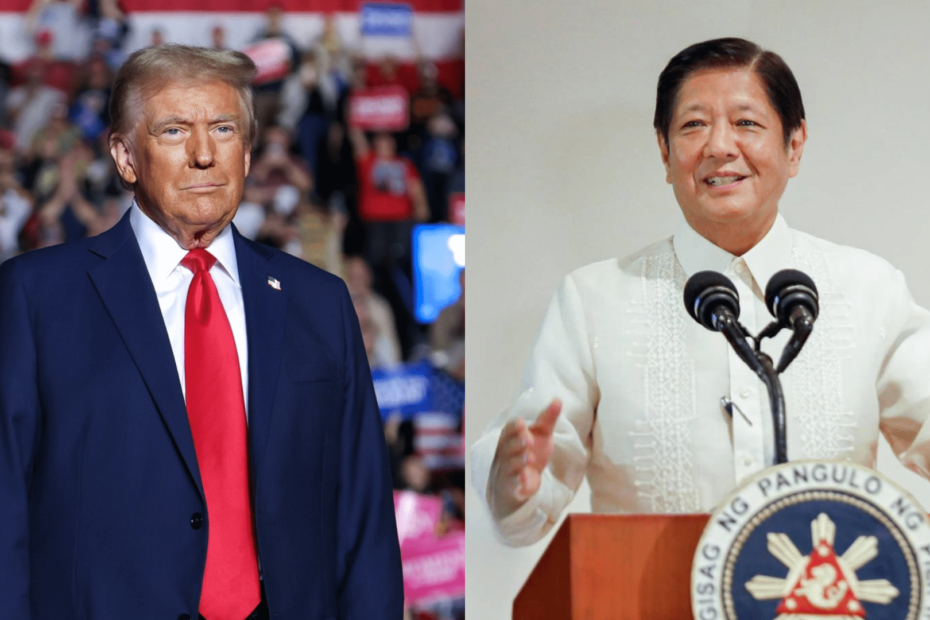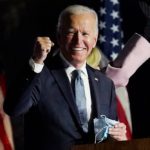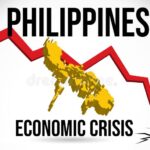According to the Department of Foreign Affairs (DFA), the high-level trip aims to “strengthen the Philippines-United States alliance” through proactive engagement across multiple sectors including security, economy, and foreign policy. DFA Assistant Secretary for American Affairs Raquel Solano emphasized, “We must grow economically to become a truly strong and reliable partner to the United States.”
Trade Talks: Navigating Tariff Headwinds on Philippine Exports
A major agenda item is the ongoing negotiation over the U.S. administration’s proposed 20% tariff on key Philippine exports, which is scheduled to take effect on August 1. Philippine trade officials are already on the ground in Washington, working toward a mutually beneficial deal. A potential bilateral trade agreement or even a Free Trade Agreement (FTA) could significantly shift trade flows between the two countries — and open doors for Philippine exporters.
🇵🇭 Philippine Market Insight: A favorable deal could stimulate sectors like electronics, semiconductors, BPO services, and agriculture, where the Philippines has a strong export presence. Watch for bullish movement in stocks tied to these industries on the Philippine Stock Exchange (PSEi).
Defense Pact and Geopolitical Strategy in the West Philippine Sea
President Marcos will also push for stronger military cooperation, including enhanced U.S. support for the Armed Forces of the Philippines (AFP) and the Philippine Coast Guard, especially amid tensions in the West Philippine Sea. These discussions come as regional threats remain a key concern for national security and foreign investment confidence.
High-Profile Engagements with U.S. Leaders and Businesses
During the visit, Marcos will meet with top U.S. officials including Secretary of State Marco Rubio and Defense Secretary Pete Hegseth. In parallel, several major American corporations have requested private sessions with the president to discuss fresh investment opportunities in the Philippines. Though names remain undisclosed, DFA confirmed that discussions are ongoing with companies already positioning for expansion into the Philippine market.
Philippine Market Insight: This aligns with the administration’s goal to attract high-value foreign direct investment (FDI), particularly in renewable energy, infrastructure, and tech innovation. Expect medium- to long-term boosts in local equities tied to infrastructure, utilities, and digital services.
No Public Forum with Filipino-Americans Due to Time Constraints
While the Filipino diaspora in the U.S. had hoped for a meet-and-greet with the president, the trip’s condensed schedule will not allow a public event. “It’s going to be a very short visit,” Solano stated.
Why This Matters for Filipino Investors and Business Leaders
The outcomes of President Marcos’ U.S. visit could shape the economic and geopolitical landscape of the Philippines for years to come. Reduced tariffs, improved bilateral trade conditions, and expanded defense cooperation may all serve as catalysts for economic stability and investor confidence.
Actionable Takeaways:
- Monitor updates on the U.S.-PH trade talks — resolution of tariffs could rally export-driven sectors.
- Watch for announcements of new foreign investments, especially in sectors tied to Marcos’ economic agenda.
- Track defense-related developments, particularly regarding U.S. support in maritime security, which may impact regional risk premiums.



